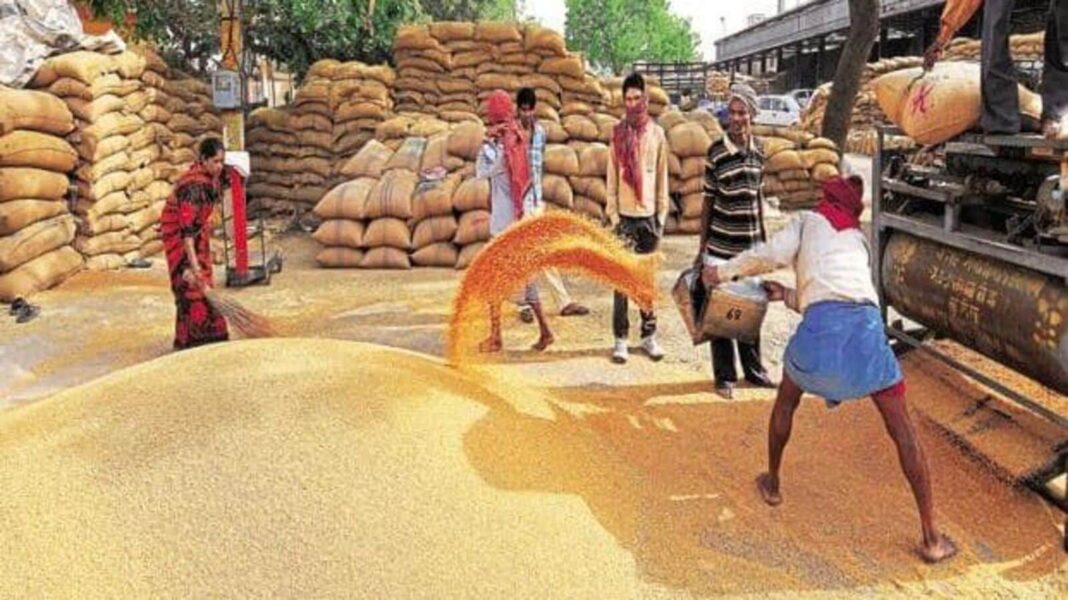In Short:
Currently, there are restrictions on exporting rice, with different rules for different types of rice. However, there is a proposal to change these restrictions by implementing a fixed export duty on non-basmati and broken rice. The idea is to ease pressure on grain storage and generate revenue, while ensuring enough domestic rice stocks. This move is supported by strong rice production estimates and hopes of good monsoon.
Relaxing Rice Export Curbs: A Win for Farmers and Exporters
The government is considering easing restrictions on rice exports, paving the way for a brighter future for rice farmers and exporters alike. Currently, basmati rice can only be exported above a set price, with parboiled rice attracting a hefty 20% export duty, and non-basmati and broken rice exports completely prohibited. These measures were put in place to safeguard domestic rice supplies and stabilize prices.
Proposed Changes
In a recent inter-ministerial meeting, held on 3 July, the proposal to replace the export ban on non-basmati and broken rice with a fixed export duty, similar to parboiled rice, was discussed. Additionally, a reduction in the minimum export price (MEP) for basmati rice was also suggested. These recommendations have been forwarded to the commerce ministry for further consideration, as confirmed by an official familiar with the matter.
Confidence in Relaxing Restrictions
The decision to relax these export curbs stems from the ample rice stock available in warehouses and the anticipated good harvest due to favorable monsoon predictions. This move not only helps in stabilizing prices but also reduces pressure on storage facilities while generating revenue through export duties.
Review and Relief
Following appeals from rice exporters for relief, citing the restrictive measures as detrimental to the industry and the Food Corp. of India (FCI), the government is reviewing its export policies. Export figures indicate a decline, painting a grim picture for the rice trade. To address concerns, exporters have proposed a reduction in the export floor price, seeking to improve market conditions.
Implications and Outlook
The proposed changes in rice export policies hold significant implications for both domestic and international markets. With India being a key player in the global rice trade, any modifications in export regulations are closely monitored by industry stakeholders. The government’s decision on this matter will have far-reaching effects on farmers, exporters, and consumers alike.





